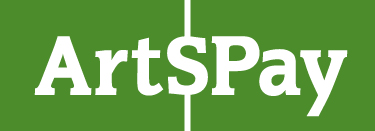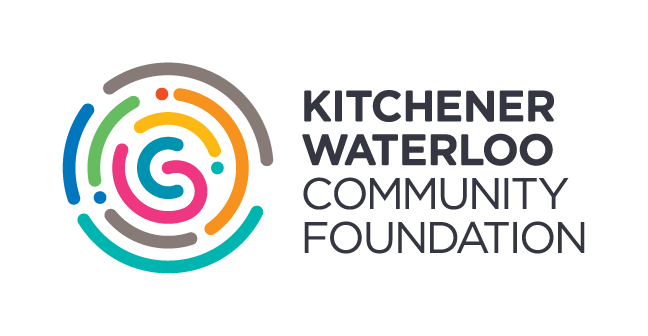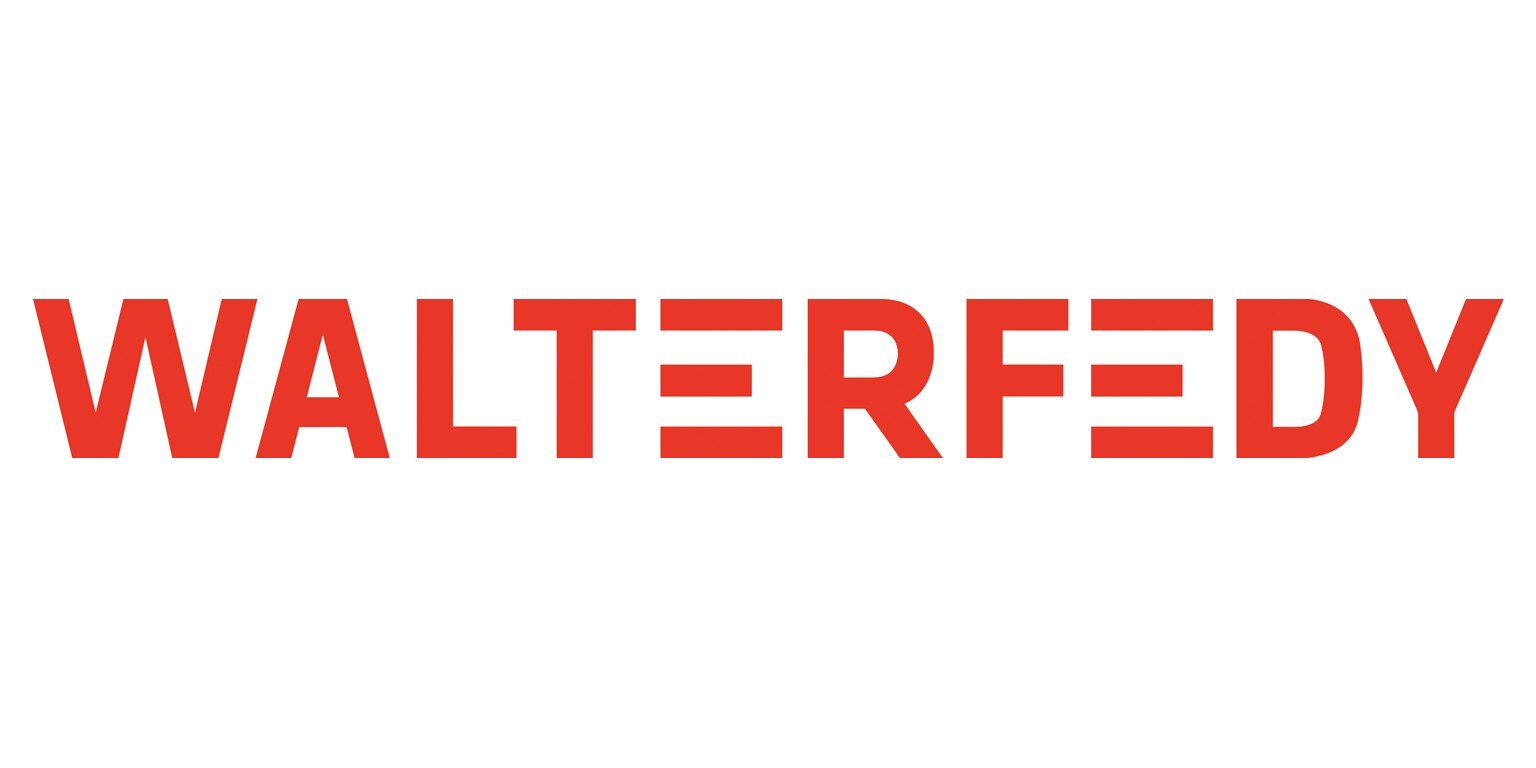AP sincerely wishes everyone the best during this unpredictable and scary time. As arts workers, the closing of cultural spaces, cancelled classes and postponed events have hit us particularly hard. Even with all this extra "studio time" it can feel difficult to work when you are worried about loved ones or where your next pay cheque will come from. The following list of resources is meant to help keep spirits up by keeping creativity flowing. Below you will also find a summarized version of Canada’s Covid19 Economic Action Plan (dated March 18th) that might offer some insight into the best course of action for small business owners, freelancers and unemployed individuals. That being said, new policies and updates are coming in regularly so please confirm what you read here with government websites before taking action. We hope you are all able to find moments of rest, calm, gratitude and connection over the coming weeks. We have a lot of awesome opportunities coming up for when it is safe to resume our regularly scheduled AP programming so we hope to see you all again soon!
Stay inside, call the people you love, breathe deeply and nurture your body and mind. We’ll get through this.
Local
National
*
Canada's COVID-19 Economic Response Plan
On March 18, 2020, Prime Minister Trudeau announced a new set of economic measures aimed at stabilizing the economy during the COVID-19 outbreak. The measures provide up to $27 billion in direct support to Canadian workers and businesses and $55 billion in estimated tax deferrals. A comprehensive summary follows but some of the highlights include:
The filing due date for trusts with a December 31, 2019 taxation year end has been extended from March 30, 2020 to May 1, 2020. It is unclear whether this will include mutual fund trusts and could mean a delay in taxpayers receiving T3 slips.
Reducing required minimum withdrawals from Registered Retirement Income Funds (RRIFs) by 25% for 2020, in recognition of volatile market conditions and impact on retirement savings. Similar rules would apply to individuals receiving variable benefit payments under a defined contribution Registered Pension Plan.
Corporate and personal income tax instalments and balances due that became payable on or after March 18 can be deferred until August 31, 2020, providing improved cash flow opportunities for taxpayers.
Support for Individuals
Employment Insurance
For Canadians without paid sick leave (or similar workplace accommodation) who are ill, quarantined or forced to stay home to care for children, the Government is:Waiving the one-week waiting period for individuals in imposed quarantine who claim Employment Insurance (EI) sickness benefits. This temporary measure is in effect as of March 15, 2020.
Waiving the requirement to provide a medical certificate to access EI sickness benefits.
Emergency Care Benefit
A new Emergency Care Benefit will provide up to $900 bi-weekly, for up to 15 weeks. This flat-payment benefit would be administered through the Canada Revenue Agency (CRA) and provide income support to:Workers, including the self-employed, who are quarantined or sick with COVID-19 but do not qualify for EI sickness benefits.
Workers, including the self-employed, who are taking care of a family member who is sick with COVID-19, such as an elderly parent, but do not qualify for EI sickness benefits.
Parents with children who require care or supervision due to school closures, and are unable to earn employment income, irrespective of whether they qualify for EI or not.
Application for the new benefit will be available in April 2020 and require Canadians to attest that they meet eligibility requirements. Canadians will need to re-attest every two weeks to reconfirm their eligibility.
Emergency Support Benefit
For Canadians who lose their jobs or face reduced hours due to COVID-19, the Government is introducing an Emergency Support Benefit delivered through the CRA to provide up to $5.0 billion in support to workers who are not eligible for EI and face unemployment. This measure is proposed to take effect early April.
Goods and Services Tax Credit
For low- and modest-income families, the Government is proposing to provide a one-time special payment by early May through the Goods and Services Tax credit (GSTC). This measure will double maximum annual GSTC payment amounts for the 2019-20 benefit year. The average increase to income for those benefiting from this measure will be close to $400 for single individuals and close to $600 for couples.
Canada Child Benefit
For families with children, the Government is proposing to increase the maximum annual Canada Child Benefit (CCB) amounts, only for the 2019-20 benefit year, by $300 per child, effective for the May payment.
Income Tax Filing Deadlines
For individuals (other than trusts), the return filing due date for 2019 will be deferred until June 1, 2020 (the due date remains June 15, 2020, for individuals [and their spouses] who are self-employed). However, the Agency encourages individuals who expect to receive benefits under the GSTC or the CCB programs not to delay the filing of their returns to ensure appropriate entitlements for the 2020-21 benefit year.
For trusts having a taxation year ending on December 31, 2019, the return filing due date will be deferred until May 1, 2020.
Income Tax Payment Deadlines
The Canada Revenue Agency will allow all taxpayers to defer, until after August 31, 2020, the payment of any income tax amounts that become owing on or after March 18, 2020 and before September 2020. This relief applies to tax balances due, as well as instalments. No interest or penalties will accumulate on these amounts during this period.
Mortgage Default Management Tools
The Canada Mortgage and Housing Corporation (CMHC) and other mortgage insurers offer tools to lenders that can assist homeowners who may be experiencing financial difficulty. These include payment deferral, loan re-amortization, capitalization of outstanding interest arrears and other eligible expenses and special payment arrangements. The Government, through CMHC, is providing increased flexibility for homeowners facing financial difficulties. CMHC will permit lenders to allow payment deferral beginning immediately on CMHC-insured mortgage loans.
Other Benefits
In addition, the Government is proposing targeted help by:Providing $305 million to address immediate needs in First Nations, Inuit, and Métis Nation communities.
Placing a six-month interest-free moratorium on the repayment of Canada Student Loans for individuals currently in the process of repaying these loans.
Reducing required minimum withdrawals from Registered Retirement Income Funds (RRIFs) by 25% for 2020, in recognition of volatile market conditions and impact on retirement savings. Similar rules would apply to individuals receiving variable benefit payments under a defined contribution Registered Pension Plan.
Providing the Reaching Home initiative with $157.5 million to continue to support people experiencing homelessness during the COVID-19 outbreak.
Supporting women and children fleeing violence, by providing up to $50 million to women’s shelters and sexual assault centres.
Support for Businesses
Temporary Wage Subsidy
To support businesses and help prevent lay-offs, the government is proposing to provide eligible small employers a temporary wage subsidy for a period of three months. The subsidy will be equal to 10% of remuneration paid during that period, up to a maximum subsidy of $1,375 per employee and $25,000 per employer. Businesses will be able to benefit immediately from this support by reducing their remittances of income tax withheld on their employees’ remuneration. Employers benefiting from this measure will include corporations eligible for the small business deduction, as well as non-profit organizations and charities.
Income Tax Payment Deadlines
The Canada Revenue Agency will allow all businesses to defer, until after August 31, 2020, the payment of any income tax amounts that become owing on or after March 18, 2020 and before September 2020. This relief would apply to tax balances due, as well as instalments. No interest or penalties will accumulate on these amounts during this period.
GST/HST and Income Tax Audits
The Canada Revenue Agency will not contact any small or medium (SME) businesses to initiate any post assessment GST/HST or Income Tax audits for the next four weeks. And, for the vast majority of businesses, the Canada Revenue Agency will temporarily suspend audit interaction with taxpayers and representatives.
Ensuring Businesses Have Access to Credit
The Business Credit Availability Program (BCAP) will allow the Business Development Bank of Canada (BDC) and Export Development Canada (EDC) to provide more than $10 billion of additional support, largely targeted to small and medium-sized businesses. BDC and EDC are cooperating with private sector lenders to coordinate on credit solutions for individual businesses.For more information on these measures, see here: https://www.canada.ca/en/department-finance/news/2020/03/canadas-c ovid-19-economic-response-plan-support-for-canadians-and-businesses.html .


















